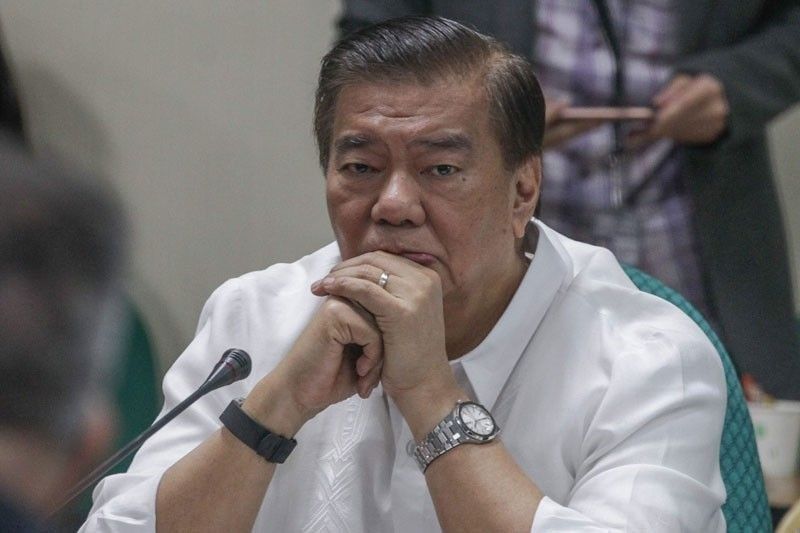Mandatory jabs for troops legal – senators

MANILA, Philippines — The mandatory vaccination of soldiers is legal and not a violation of the Constitution, senators said yesterday.
Senate Minority Leader Franklin Drilon and Sen. Aquilino Pimentel III issued the statement after Armed Forces of the Philippines (AFP) spokesman Maj. Gen. Edgard Arevalo announced that all military personnel and their dependents are to be inoculated with CoronaVac, the vaccine developed by Beijing-based Sinovac Biotech.
More than 600,000 doses of the vaccine are expected to arrive tomorrow.
Drilon, a former justice secretary, said the mandatory inoculation of soldiers can be justified as a valid and reasonable exercise of police power to promote the health, safety and general welfare of the people.
“The general welfare clause also provides sufficient authority to the State to implement measures for the ‘maintenance of peace and order, the protection of life, liberty and property, and promotion of the general welfare’,” Drilon said.
The state may also interfere in personal liberty to promote the general welfare as long as the interference is reasonable and not arbitrary, he said.
The police power to promote public health and safety encompasses the authority to require mandatory vaccinations, he said.
Drilon cited cases in the US where states have long required various compulsory vaccination laws for certain populations. In 1905, the US Supreme Court in Jacobson v. Commonwealth of Massachusetts [197 US 11 (1905)] upheld the compulsory vaccination of persons over the age of 21 against smallpox.
It ruled that the vaccination program had a “real and substantial relation” to the protection of public health and safety.
In Zucht v. King [260 US 174 (1922)], the parents of an unvaccinated child excluded from school challenged the ordinance requiring vaccinations for school children as violative of the Equal Protection and Due Proce,ss clauses.
He however, said the court held that “it is within the police power of a state to provide for compulsory vaccination” and that the ordinance did not bestow “arbitrary power, but only that broad discretion required for the protection of the public health.”
“Thus, it is well within the power of the State to require compulsory vaccinations for members of the military,” Drilon said.
Pimentel, who is also a lawyer, said “a different set of rules apply to the Armed Forces because a different kind of discipline is expected of them given the important and unique nature of their role in our national life.”
“Hence the commander-in-chief can order their vaccination for the safety of the AFP and their readiness to defend our country while in good health,” he said.
He, however,, said the rules may be different for the Philippine National Police being a civilian agency.
- Latest
- Trending





























